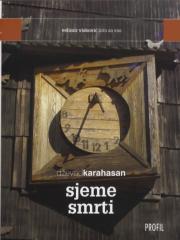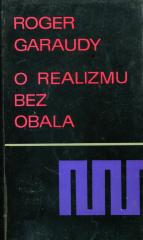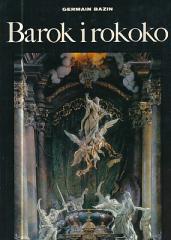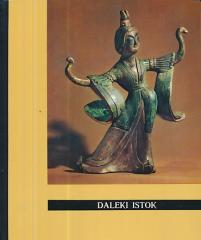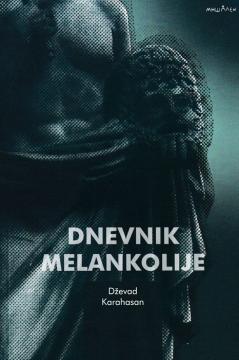
Dnevnik melankolije
Dževad Karahasan (1953–2023), a Bosnian-Herzegovinian essayist and theater scholar, fills the void of the lack of interest in drama and theater in contemporary literature in his collection Dnevnik melankolije.
In an era where the new is placed on an equal footing with the good, Karahasan, as an erudite classic, opens up layered analyses that shock with discoveries. The book of essays deals thematically with European literature, especially drama: Kleist's work, Goethe's Faust as a symbol of the spiritual border, Büchner's innovations. It returns to Krleža, dissecting his patterns in the ex-Yugoslav heritage, while the Bosnian-Herzegovinian part reveals Ahmed Muradbegović - a neglected playwright whom Karahasan "reveals" to a contemporary audience.
Key themes: the Faustian problem in European symbolism, borders as an existential metaphor, Central European identity between East and West. Melancholy is not only emotional, but also intellectual - a reflection on the collapse of tradition, war trauma and the loss of cultural continuity. Karahasan's texts, deep and provocative, combine history, aesthetics and philosophy, reminding us that true drama is a mirror of the soul of Europe.
As part of Karahasan's "diary" of exile and introspection, this collection celebrates the essay as a form of resistance to oblivion, offering "shocking revelations" that make the reader think deeply about the border between past and present.
No copies available
The last copy was sold recently.
